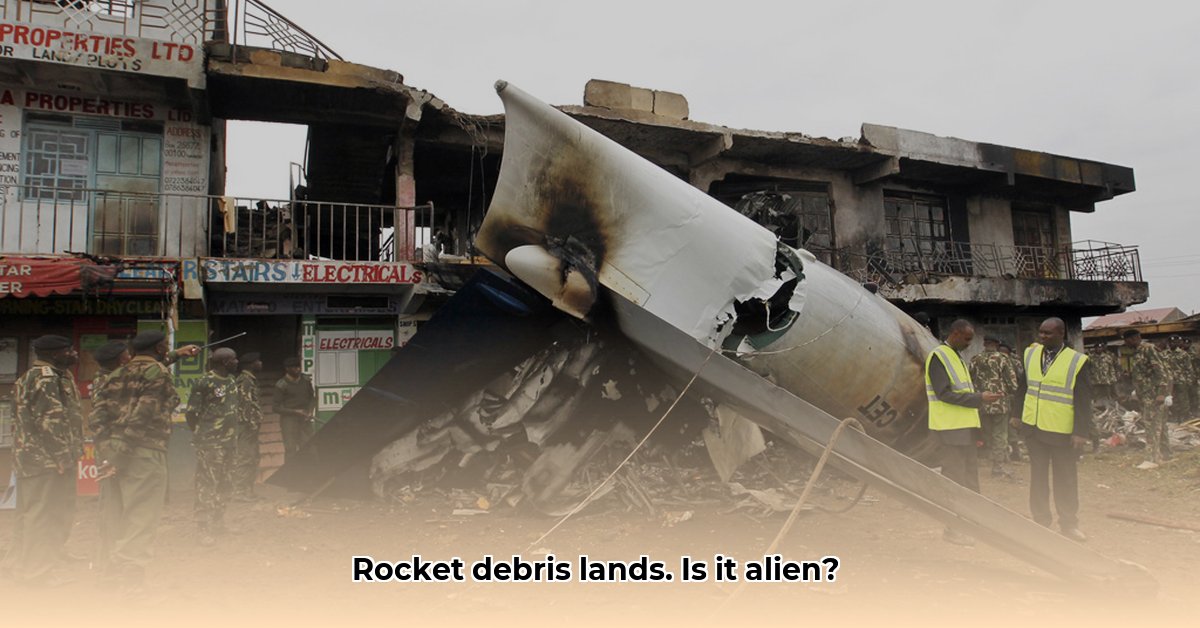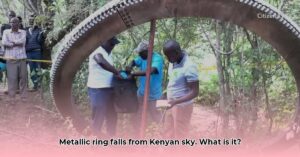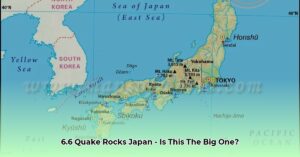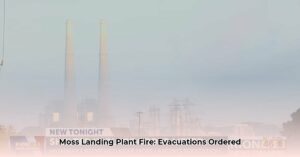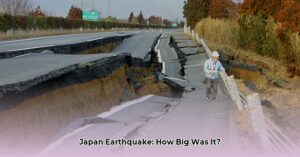The Mukuku Incident: What Happened?
On December 30, 2024, at approximately 3:00 PM local time, a large metallic ring, estimated to be 8 feet (2.5 meters) in diameter and weighing 500kg (1,100 lbs), plummeted from the sky and landed near Mukuku Village in Makueni County, Kenya, approximately 50km (31 miles) southeast of Nairobi. The object, suspected to be rocket debris, left a significant impact crater but thankfully caused no injuries.
The Kenya Space Agency (KSA) quickly responded, securing the debris and initiating an investigation. In an official statement on January 1, 2025, the KSA confirmed the object was a “fragment of a space object” and are actively working to pinpoint its origin.
Investigating the Debris: Unraveling the Mystery
The KSA’s investigation seeks to trace the debris back to its source, a task akin to finding a needle in a cosmic haystack. They are examining the ring’s composition and trajectory, collaborating with international partners to determine if it originated from a recent launch or a derelict satellite. Identifying the source is crucial for understanding the incident’s specifics and holding the responsible parties accountable. While the investigation is ongoing, preliminary findings suggest the ring may be a component from an Indian space mission, leading Kenya to notify India of potential compensation claims.
The Human Impact: Life in Mukuku After the Fall
While physical harm was avoided, the psychological impact on Mukuku villagers is undeniable. The sudden, unexpected event has left many feeling vulnerable and anxious. Some report difficulty sleeping, haunted by the image of the falling debris. Others express a renewed appreciation for life’s simple things, a stark reminder of how quickly things can change. Children, initially fascinated by the strange object, now harbor anxieties about the dangers lurking above.
The Growing Threat of Space Debris: A Global Concern
This incident underscores the growing global concern of space debris. Earth’s orbit is increasingly cluttered with defunct satellites, spent rocket stages, and countless fragments from past missions – a veritable junkyard hurtling through space. While most debris burns up during re-entry, larger, denser pieces like the one that landed near Mukuku Village can pose a significant threat.
The Mukuku incident, though dramatic, is not isolated. As space activity intensifies, the probability of similar incidents increases, highlighting the need for more robust space debris mitigation strategies. What happened in Mukuku Village today could happen anywhere tomorrow.
Mitigating the Risks: A Call for Action
Several strategies are being explored to address the space debris problem:
- Controlled Re-entry: Designing spacecraft to disintegrate completely upon re-entry.
- Debris Tracking: Monitoring the trajectories of larger debris to predict their paths and issue warnings.
- Space Cleanup Missions: Developing technologies to capture and remove existing debris.
- International Regulations: Strengthening international agreements to promote responsible space practices, including design standards for minimizing debris creation and end-of-life disposal protocols.
International Implications and Legal Framework
The incident raises complex legal and ethical questions. The 1967 Outer Space Treaty establishes the principle of liability for damage caused by space objects, placing responsibility on the launching state. The 1972 Liability Convention further clarifies the procedures for claiming compensation. However, as space becomes increasingly congested, the existing legal framework may need revisiting to ensure it adequately addresses the growing challenges of space debris management.
The Path Forward: Collaboration and Innovation
The Mukuku incident is a wake-up call. It underscores the urgent need for increased international cooperation, technological innovation, and a renewed commitment to responsible space practices. The future of space exploration depends on our ability to address the growing space debris problem effectively.
This incident serves as a starting point for broader conversations:
- Long-term environmental impacts: Even without immediate injuries, what are the long-term environmental consequences of debris crashing to Earth?
- Psychological effects: How can we address the psychological impact on communities living under the constant, albeit low, probability of falling debris?
- Economic considerations: What are the potential economic consequences of debris damaging property or critical infrastructure?
- Future innovations: What emerging technologies could revolutionize space debris cleanup and mitigation?
The incident in Mukuku Village is not just a Kenyan story; it’s a global challenge that demands our attention. By fostering international collaboration, investing in new technologies, and prioritizing responsible space practices, we can work towards a safer and more sustainable future for space exploration.

